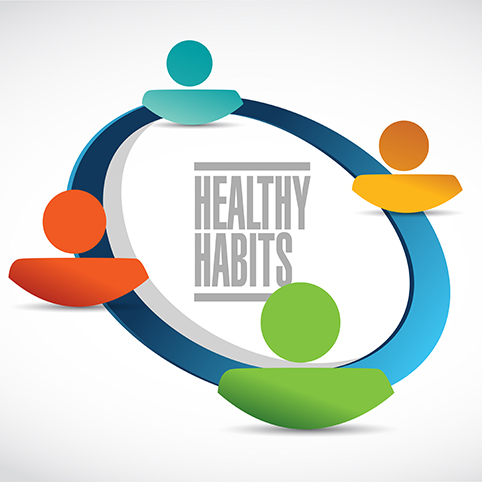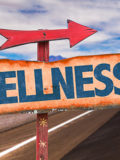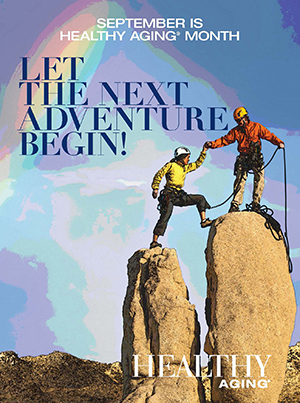 By Hugh Byrne, PhD
By Hugh Byrne, PhD
Have you noticed how often you touch your face? With the spread of the Coronavirus, we’ve been told many times that avoiding hand contact with our face is essential to prevent the spread of the virus and we are paying more attention to this habit and trying to change our behavior.
Touching our face is a habit that almost all of us have—the average person does it 23 times an hour, according to the Association of Professionals in Infection Control and Epidemiology. In good times it seems relatively innocuous, but now it can be a life-and-death issue, particularly for those over 60 or in compromised health.
We’ve also received other excellent advice to help limit the spread of the virus—to wash our hands regularly and thoroughly, not hug or shake hands, cough into our elbows, avoid crowds and keep a safe distance from others. We’ve been told what to do but have been given little counsel on how to build these essential habits.
The problem is that these healthy behaviors are habits that we need to cultivate and, as we know, habits are notoriously hard to develop and change. In a nutshell, here’s why: any behavior, good or bad, that we repeat often enough will become a habit. It will then be controlled by automatic and unconscious brain processes rooted in the ‘survival’ brain. And when we intentionally try to change established habits, the habits tend to win out over the good intentions (see: New Year’s resolutions).
In order to develop healthy habits, we need to bring them into conscious awareness—we need to be mindful of them. Mindfulness is a key to habit change because it makes behaviors that have become unconscious conscious. Once we are aware of them, we are in a position to make a change.
Set Intentions:
To develop a healthy habit, we begin with our intentions: consciously set the intention for what you want to achieve or implement and be aware of the habit you want to abandon or cultivate—for example, face-touching, hugging/shaking hands, washing hands regularly—and notice the situations or contexts where you tend to act out the habit, for example, touching your face when bored, anxious, or stressed. Pay closer attention at these times.
Find ways to make the action you want to take easier—for example, wear a rubber band on your wrist or put a colored dot on your knuckle to remind you to keep your hands from your face. If you do act out the habit, be kind to yourself and commit to continuing with the healthy habit.
Notice changes over time and appreciate the movement you are making in the right direction. Above all, be kind to yourself—beating yourself up is not a good recipe for beneficial change.
Focus on Mental & Emotional Habits
The other key area for working with our habits in virus-times is our mental and emotional habits. With all the news we are taking in about the virus and the measures being taken to combat it, it is easy to feel anxious, stressed out, overwhelmed, and many other difficult emotions and mind states.
These too are habits—habits of mind that we develop as coping mechanisms. The situation is scary and uncertain—so it’s natural to feel some fear and worry about the health of our loved ones and ourselves. But over-thinking and over-worrying is only a recipe for more stress and often for unhelpful behaviors.
Focus on Mindfulness:
Mindfulness is a powerful tool for working with these habits. If you notice you are thinking much of the time about what could happen or taking in more and more information and feeling overwhelmed, come back to awareness of your body and your breathing. You then discover that it is possible to cope with this moment just as it is.
Take a few deeper breaths and invite a calming of body and mind. If you notice tightness in your belly or chest, allow yourself to feel it, letting the sensations come and go like waves on the ocean. You might send yourself a wish of kindness, ‘may I be peaceful… may I live with ease…’ And if thoughts proliferate, notice them and let them go, and bring your awareness back to your body, to this moment. Consciously choose to come out of the mental story and let it go…
Doing a simple practice like this for 3 to 5 minutes can help us reset our nervous system and our energy—shifting from ‘fight-or-flight’ to ‘rest-and-digest’. Taking 15 or 30 minutes a day to meditate can help set the stage for our day and allow space to open up. Taking a walk, joining an online yoga class, having a hot bath can also help us calm our bodies and minds.
These simple yet powerful practices can help us be present here and now, which is the pathway to freedom and finding calm—and touching our faceless often—in these stormy times.











